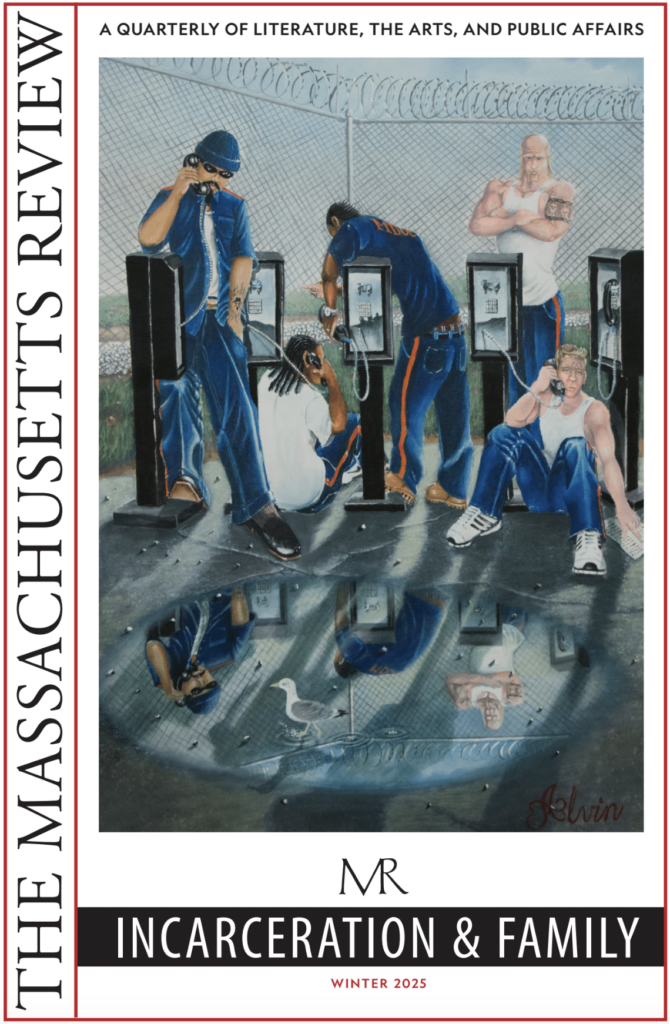Our Tendency toward Revisionism
My books mean as much to me for what they are, for their narrative, as those personal scenes and circumstances that they have the power to evoke. Often, the memory of writing the book overshadows the work itself. This is not an aspect of writing that has been explored or analyzed, and yet most novelists when asked to introduce a particular work reminisce at some point about the circumstances of their creation—the house, the family the weather, the place of work, It is almost a conventional digression in any introduction. I think I can truthfully say that nearly everything I have written carries with it the circumstances of its creation [. . .]
The political implications of this ought to be obvious. Having lived through the 1950s and Sixties, and having heard all the canting conservatives, I am well aware of our tendency towards revisionism. If the Sixties was a time of disruption and unruliness by students and others, it was because they faced an almost overwhelming, and much more vocal, number of people who were saying: “Bomb Peking . . . Bomb Hanoi . . . Mine Haiphong Harbor . . . Give South Africa a chance . . .” The Vietnam revisionists are legion and the issue has been flogged to death. But to take a recent example of revisionism, I was amused at the reception Nelson Mandela was accorded when he was released after 27 years in a South African prison. May I say I remember when he received his life sentence—I copied his courtroom speech in his own defense into my notebook; I remember reading this eloquent affirmation of human rights to a friend, who dismissed it, actually laughed, saying, “He’s dreaming. ” Every industrialized country continued to trade with South Africa, and the Japanese were officially declared white—and they gladly accepted the reclassification in their eagerness to trade. Mandela’s reputation grew because a few people clearly remembered him, and because Mandela had the good luck to survive—he was one of those South African prisoners who were not tortured to death. Mandela’s greatest achievement was that he himself was loyal to his memory.
From “Memory and Creation: Reflection at Fifty” MR Vol. XXXII, No. 3 (Fall, 1991) pp. 381-400.



